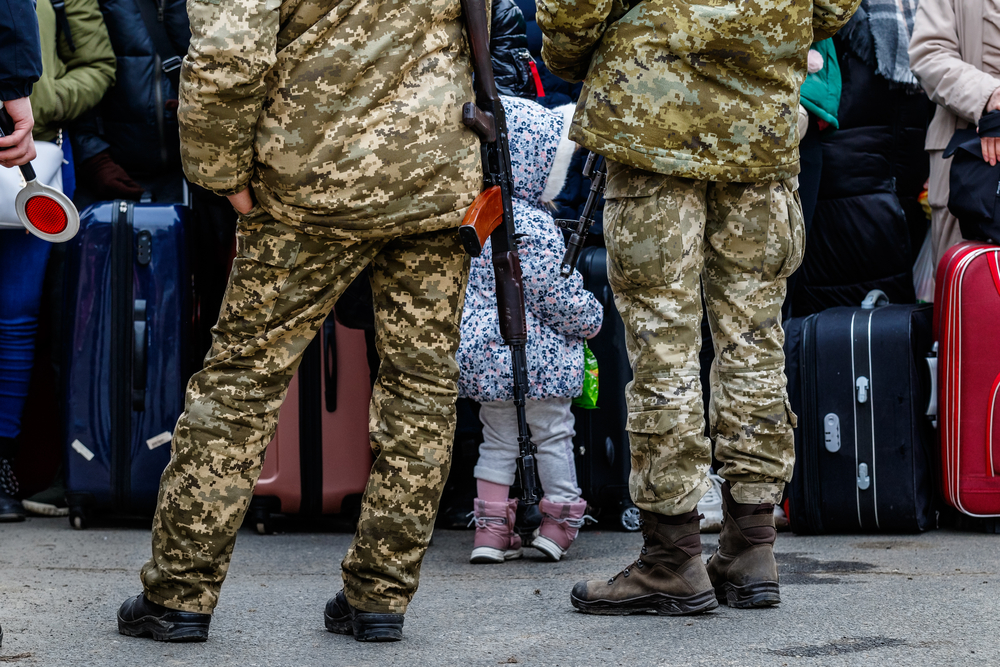Tue, Jan 24th 2023

Schwarz says solar could be used effectively, but not in the way the government is currently proposing.
In a Q&A with Georg Schwarz, the former federal head of Switzerland’s energy supply recounts why the current national plan will not work and how it could be improved. “Personally, I think nuclear energy is a good solution – but that’s not my message,” Schwarz says. He oversaw Switzerland’s nuclear supply for decades before the country began scaling back those power plants. Schwarz believes that the country could reach the lofty goal of reducing greenhouse gas emissions to zero by 2050 without nuclear, but must focus on wind energy and Alpine solar power, along with existing hydropower. The current plan – using more solar on residential rooftops – still leaves an energy shortfall in the winter, he says. “In terms of security of supply, it is very risky to become so dependent on foreign countries, even if we can avoid damaging our landscape as a result,” Schwarz says. Read more (in German).

A protest last year against increasing the retirement age by one year for Swiss women.
Although Switzerland is one of the wealthiest countries in the world, at least 20% of its senior citizens live on or below the poverty line, according to new data from Pro Senectute, an organization that protects the rights of the elderly in Switzerland. More than 200,000 retired people live below the poverty line and another 100,000 are close to it. Nearly 50,000 are in “dead-end poverty,” with no financial cushion or any assets, according to the group. Why? Mostly because of skyrocketing health care costs and increased costs of basics – which pensions cannot cover. According to federal data, about 10% of those older than 65 have trouble making ends meet from month to month. Those most vulnerable are those with lower levels of education, immigrants, and women. Swiss voters recently approved a measure to raise the retirement age for women by one year. Read more.

Ukrainian refugees wait at the border of Ukraine and Poland last year.
More than 70,000 people have fled war-torn Ukraine for Switzerland in the last 11 months under the country’s special “S” visa for refugees, but many have still been unable to find work despite a strong Swiss job market. According to a recently published survey of 2,000 of these refugees, 70% have a tertiary level of education and nearly half have a strong command of English. About 35% said they were actively looking for a job, 27% said they had taken part in a local employment program or training course, but only 15% said they had found employment – mostly part-time or contract work. Of those employed, more than 75% said they would like more work to keep up with the high cost of living in Switzerland. Read more.
This article may be freely shared and re-printed, provided that it prominently links back to the original article.
